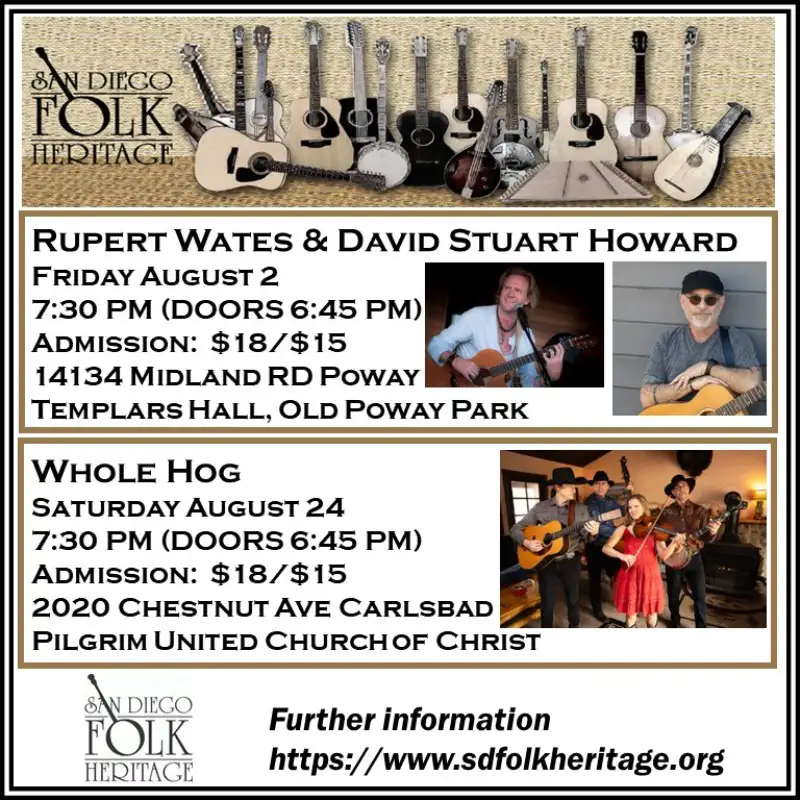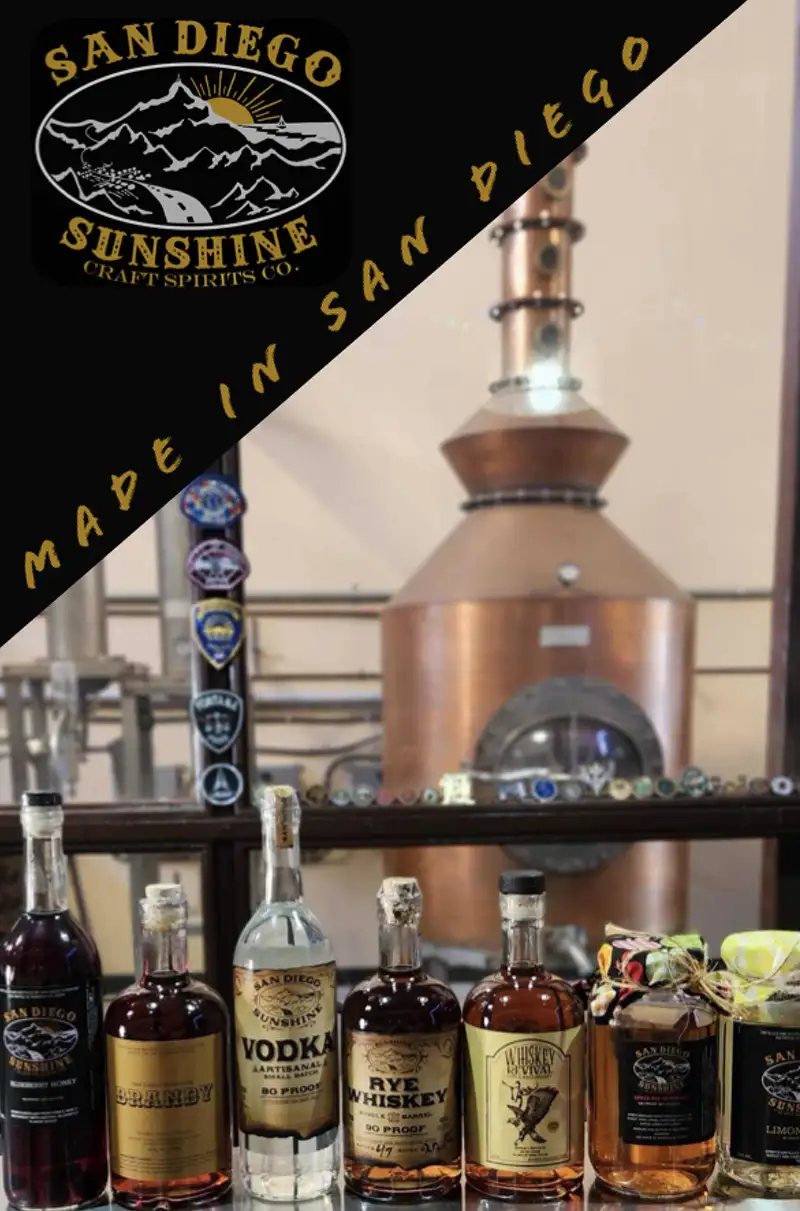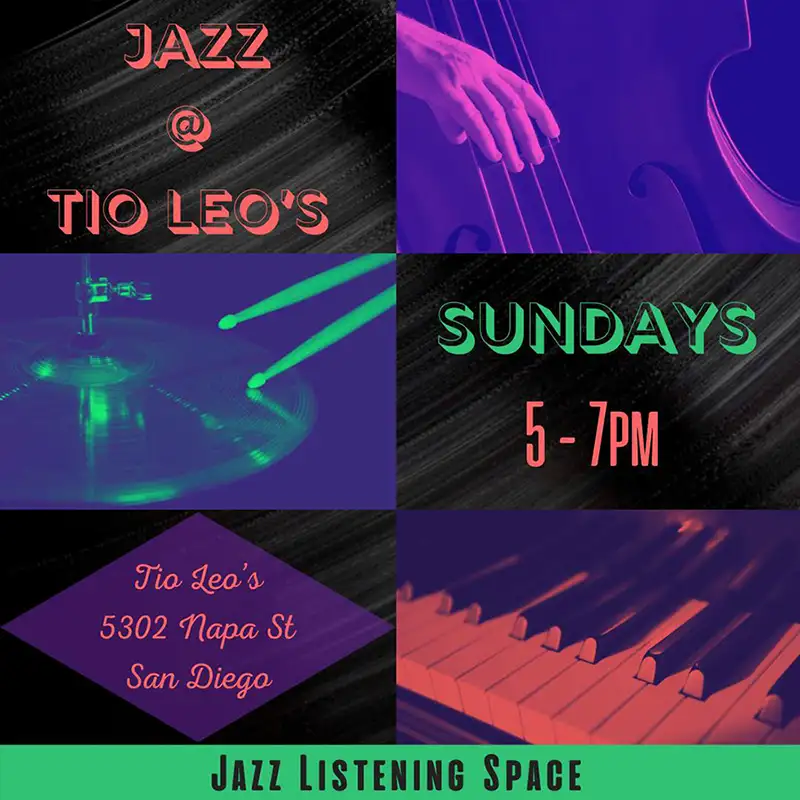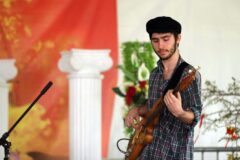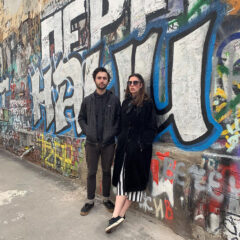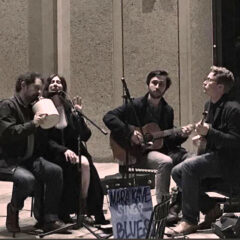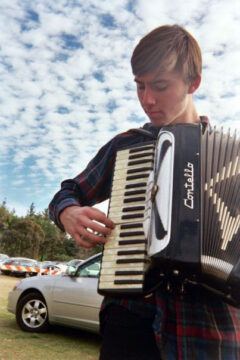Featured Stories
Tim McNalley: The Best Is Yet to Come
San Diego is home to a lot of world-class musicians, but for some reason (probably having to do with Bert Turetsky’s staking out the UCSD bass department in the late 1960s as a global center for bass instruction) we have a plethora of virtuoso bassists. As a bandleader, I’ve had the pleasure of playing with Jeff Pekarek, Mark Dresser, Gunnar Biggs, and Joe McNalley, to name but a few.
But when I was hired in 2016 to compose the music for a new play at the San Diego Repertory Theatre and none of them were available, I asked around for a recommendation and one name kept surfacing: Tim McNalley. What resonates most in my memory of that project was rehearsing for two weeks and then performing the play for another four weeks and how easy it was to work with this recent UCSD graduate. His modest demeanor was belied by his chops and he was eager to take some nice fat improvisational bass solos. Tim was young, but talented and ready to be a collaborative creative member of the ensemble. After the play ended, I knew I would be asking Tim to play with Hot Pstromi. Every member of my ensemble loves playing with him and when the San Diego Troubadour asked me to profile him for this issue, I was happy to sit down with him. (And it’s not every day that a bandleader can look over to his bassist and say, “On this tune, take the lead on sitar.”).
“I really didn’t have an interest much in music until I really started playing it. That being said, because my dad (bassist Joe McNalley) is a musician, I was always around it. I was going to concerts all the time, but it was just a thing that happened. I was tripping over upright basses my whole life. That’s not normal for people but for me this was always happening.
“I started playing the electric bass and guitar at the same time when I was twelve. I had a good friend who was doing Band Camp in Encinitas. He was playing guitar and said I should play bass. I had never thought about doing music seriously, so I went home and told my dad and he said, ‘Great! Here’s an electric bass, here’s an amp, here’s a cable here’s everything you need.’ I also started playing guitar that week as well.
“Growing up, I definitely heard a lot of classical music from my dad, as well as jazz. His friends were into classic rock like Pink Floyd. So, when I started playing, I gravitated to classic rock but then moved onto psychedelic and progressive and eventually stuff that led me to doing more improvisational things”.
As is often the case, many great musicians who are known to the public for a particular instrument started off learning something completely different. For example, my bandmate Tripp Sprague started off playing the drums, then piano, and eventually became a nationally renowned tenor saxophonist. Tim’s instrumental journey started with the drums:
“I have been mostly self-taught. The first person I actually took any formal music lessons from was Richard Sellars, a fantastic drummer in San Diego. Then after that, I started studying the sitar with Kartek Seshadri, who was my first serious mentor. I’ve never taken guitar lessons and bass; I learned from my dad and Mark Dresser.”
What is it about Encinitas and its connection with Indian culture?
“I think the connection stems from the Self-Realization Fellowship temple in Encinitas. On a whim, I volunteered for an event at the Museum of Making Music in Carlsbad that was honoring the life of Ravi Shankar. The tickets were rather expensive but if you volunteered to help set up the concert you got in for free. After the concert I met Kartik Seshadri (professor of Indian classical music at UCSD) , who asked me if I wanted to study the sitar. And then, about a week later at the Community Resource Center, at a thrift store near my house, I saw they had this beat up, awful old sitar just sitting there for only $80. It was just too serendipitous, so I dove right in. Typically, most people would not dive into learning to play the sitar before having some deep interest into the music and culture. And I was never really interested in the Beatles, so I was not exposed to the sitar from their use of it. It was just a blind jump into something that seemed interesting, and it took years until I realized how deep the pool I dove into was. It was one of the most fruitful musical decisions I ever made.”
McNalley began to pursue music even more seriously and enrolled at UCSD, where he studied bass under the tutelage of his mentor and professor Mark Dresser. Dresser writes:
“Tim entered the program at UC San Diego as a young freshman. He may have not even been 18 at the time. I had already known Tim before he came to UC San Diego, as he’s the son of my longtime friend and bass brother, Joe McNalley. Joe and I were both students of Bert Turetzky. The first thing that struck me about Tim was his ability to learn with ease. Beyond the fact that he’s a second-generation bass player, there was never any struggle in his growth. I never gave him a lesson that he didn’t completely master. He also has a great ear and musicianship—his pitch, rhythm, and harmony is impeccable. He’s inherently musical.”
I, too, was struck by Tim’s laid-back demeanor, genuine friendliness, and seeming to be older than he really was. I also liked the fact he wasn’t afraid to stretch himself in a new genre of music he had never played before. At our first klezmer gig, Tim combined his classical chops and jazz improvisation to take his klezmer bass solos to another planet. Gigging partner Jimmy Ruelas had this to say about McNalley:
“If I had to choose one word to sum up Tim in my eyes, that word would have to be grace. You get to know someone very well after doing weekly gigs with them for years. We played bars, a church, a library, a wedding, a motorcycle dealership, friends’ parties, and corporate gigs. Tim is always composed, refined, and always has a sincere smile. It’s not easy to always have such grace gliding through the muddy waters of night club gigging, a business that at times can be a pretty demoralizing and knock around affair.”
Clinton Davis, a fellow bandmate, had the same feelings about McNalley as Jimmy Ruelas.
“My first impression of Tim was that he was older than he was. He came across like a fully formed professional musician from the moment I met him. He seemed to have so many projects going on and was so well put together, so prepared, so intentional in his work, but he still always brought a great sense of levity to any situation. The first time I ever asked him to back me up, years ago, was for a dive bar gig. After our set, I found out he was only 20!”
McNalley is fluid in so many genres, I asked him if there were any specific genres he enjoyed playing more than others?
“I can’t say I have any specific favorite genres I like to play. I have sort of set up my career to be one that I get to participate in lots of different music and that’s the reality of my interests. I’d rather have the opportunity to be a part of so many different genres and get to play with people from such widely different sides of the musical spectrum rather than being ‘The Artist Tim McNalley,’ who plays only funk, for example. I don’t think there are good genres or bad genres; I just think there is good music and bad music and I look forward to being able to play good music with good musicians. My greatest teachers are my peers.”
Tim McNalley, Clinton Davis, and Mara Kay at the Riviera Supper Club a few years ago.
https://www.facebook.com/mara.kaye.9/posts/755267122853
How has the pandemic affected your musical life?
“Recently, during the shutdown, my big musical project for myself is playing violin a lot. It is the last in the conquest of the orchestral strings. I am just getting comfortable and functional on it so I can do string arrangements, which is what I have been doing mostly the last year. But the bass has been my main instrument for some time now. You hear the bass all the time in every style of music. For example, I could have three gigs in a day, like an acoustic brunch gig with a singer/songwriter and then a jazz gig and then some klezmer, and that wouldn’t be a weird day at all. Then the next day, it could be three completely different genres of music, all still on the bass. Playing the bass has been a gateway for me learning how to play all of this music. I’m not going to claim I’m an expert in every genre but having had the opportunity to play Afro-Cuban and klezmer has been a unique and fruitful experience
“Another wonderful project I have been working on during the year of the pandemic is working on Alfred Howard’s One Hundred Songs project. Since last June he has been writing two songs a week and I have arranged some seven to eight songs for strings, as well as written some of the melodies. It has been a great way for me to stay connected with my colleagues and friends in San Diego.”
Do you have any interesting gigs coming up?
“Well, as I was saying earlier, I love playing so many different instruments (bass, guitar, sitar, mandolin, violin, and accordion) because I never know what kind of work it is going to lead me to. Right now, I am practicing a lot of Irish tunes on the mandolin, because I have a St. Patrick’s gig coming up. This gig has happened before, so around this time each year I end up pulling that mandolin out and practicing it a lot more than any of the other instruments.
Any hobbies occupying some of your Covid time?
I have been gardening a lot. My girlfriend, Mara Kaye, and I have a garden in the back yard and we volunteer at a little urban farm here in LA. And something exciting that just came up is going back into woodworking, which I did in high school when I made an electric bass and mandolin. The Violin Shop, which used to be in Sorrento Valley, was just bought and will move to Encinitas, and I have been asked to repair the string instruments. I am really looking forward to doing this.
Finally, anything else off in the horizon that Tim McNalley may yet do?
“I always wanted to play the trombone. I think the trombone is so badass! It’s like the perfect horn instrument, because it has a slide and has the same range as a cello. I think this instrument has the best range in terms of timbre. It’s nice, deep, and rich and is able to cut through in an ensemble. Not sure if I will get around to it, but maybe if this retirement extends for another three years, we’ll see. I’m never bored because I always have so much to learn. There is always something I get to work on, like playing the guitar for a musical and playing the bass for a classical gig. Honestly, what I want from life is to just be learning constantly. It is my favorite thing to do.”
Regardless of the band, the genre (from klezmer to zydeco), or even his instrument you are likely to hear about and from Tim McNalley. His parents may never have pushed him, but he is constantly pushing boundaries and himself to new creative horizons, with every indication that the best is yet to come. I have every expectation that an upcoming Hot Pstromi gig will feature Tim McNalley on trombone.



